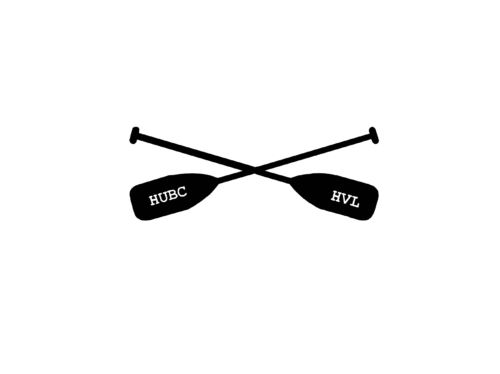At first glance Harvard’s rowing program is infallible. As the crown jewel of the Harvard empire, the Harvard Rower is to us what the Alabama running back is to Tuscaloosa, what Mike Eruzione is to the 1980 U.S. Men’s Hockey team, and what Rudy Giuliani is to a crowd at the White House ellipse—the embodiment of man over nature, over the other, over “the system.”
When a Harvard Rower enters the room, you know. And not just because of the Harvard Rowing official merchandise. There is a certain air about them: a code of conduct, an aura, a transcendent mega-stature unrivaled by members of any of Harvard’s other forty-one varsity teams.
But life isn’t all easy for the Harvard Rower. As part of my research in writing this column, I met with several members of this distinguished group. To ensure that each Rower felt comfortable (and to maintain confidentiality), all meetings took place in a secret location above J. August Co.
In these extensive interviews I learned that Rowers too face a weekly barrage of Ec10 problem sets and Sleep Gened essays. I learned that—despite our differences—we struggle with many of the same existential questions, such as the preeminence of Jefe’s over Felipe’s, Fenway Johnnies over Game On, Independent over Crimson. In fact, the Rowers I met with seem to eat, drink, and sleep just like the rest of us. I was taken aback by how similar these Rowers felt to me, a normal person.
But as a few of the interviews went on, something began to feel off. After finishing my line of questioning about their exclusive (and notoriously sweaty) ten-dollar-cover Tasty Basty parties, I asked for some thoughts on the internal dynamics of their organization. It was then that the shiny veneer began to crack. It was as if the curtain had suddenly fallen revealing the “Great” Wizard of Oz. And it became clear that the Harvard Rowing program has entered—to quote Mark Twain—a “Gilded Age.”
“Sometimes I feel like [the Lightweight rowers] don’t get enough respect around the boathouse from the Heavies,” one Lightweight remarked.
“Through no fault of their own, the Lightweights are biologically incapable of doing what [Heavyweights] are able to do… except for maybe one of them,” one Heavyweight snapped.
This was clearly a sensitive subject. To outsiders, they are simply “the Rowers.” But these Rowers, ever complex in their organizational behavior, principles, and hierarchies, constitute two completely different groups: one larger and more powerful, both in physique and in numbers, capable of longer steady states, heavier deadlifts, and faster water speeds. And another, surpassing the first in perhaps only two key metrics: number of naturalized American citizens and grade point average.
These two groups – “the Lights” and “the Heavies” – also see themselves as fundamentally different: too often guided by divergent directives, facing dissimilar dilemmas, worshiping different gods. The Heavies’ lounge is roughly twice the size of the Lights’, despite the average Heavy being only 1.4 times larger than the average Light. I began to wonder if the only thing that unites the two groups is perhaps some abstract notion of shared humanity.
In his farewell address, George Washington warned us about the dangers of factions. The longevity of any hallowed institution is dependent on the goodwill and deference of its constituent members. But much like the Democrats and the Republicans (and the Federalists and anti-Federalists before them) this polis is divided. Harvard Rowing too has devolved into factions.
“We’ve never gotten along. It’s just the way it’s always been and the way it always will be,” one Light remarked.
“[The Lights] keep pissing in our showers,” a Heavy asserted.
I could not have imagined that behind all the glitz and glamour of the new Rowing tracksuits there exist rifts so deep that they threaten the very core of the institution. And as a sixth-generation American on one side, I cannot sit idly by while factions destroy yet another penumbra of our national spirit.
I envision a future where the Lights and the Heavies respectfully coexist in the Boathouse: looking each other in the eyes, lounging in the same lounges, acknowledging (and realizing) their comparative advantages. For now, however, they refuse: passing as two ships in the night.
Chuck Stone ’69 writes satire for the Independent.

